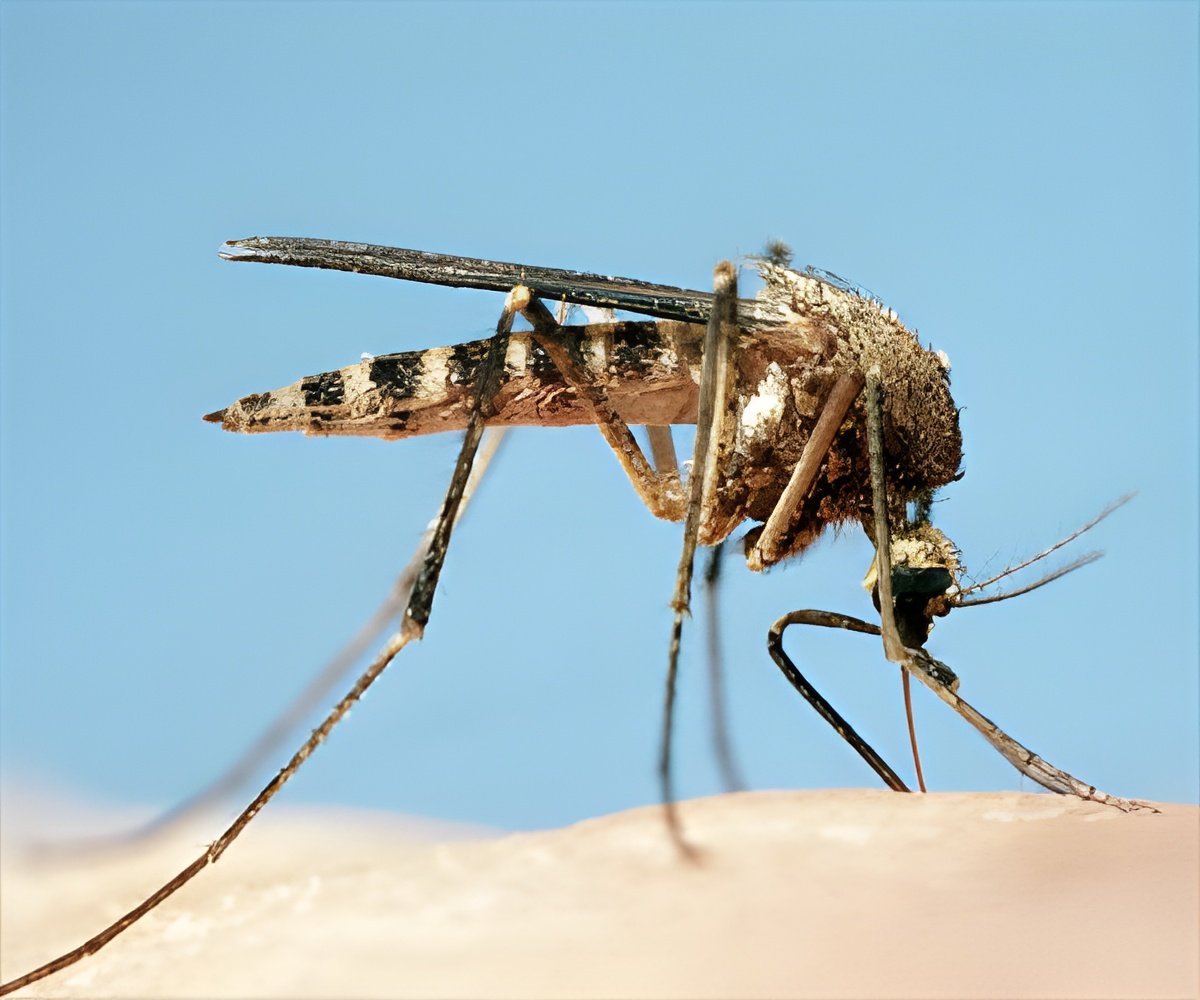
‘A vaccine that induces an effective killer T cell response could provide better and broader protection for children of vaccinated mothers than vaccines.’
Tweet it Now
Thus, there was a need to determine whether babies born to dengue vaccinated mothers would be protected or at risk of developing severe dengue disease upon infection. In addition, it was unknown whether direct vaccination of these babies would be effective. A team of researchers, led by Associate Professor Sylvie Alonso from the Department of Microbiology and Immunology at the NUS Yong Loo Lin School of Medicine, has now addressed these questions using a mouse model of dengue infection. The researchers vaccinated adult female mice with the main constituent (PDK53) of a dengue vaccine that is in clinical development (DENVax). As they expected, the pups born to these vaccinated mothers had high levels of antibody and were protected against infection with a very similar dengue strain as that used in the vaccine. However, the maternal antibodies did not protect the pups against a different strain of dengue virus. In fact, they made the disease more severe.
The researchers then went on to vaccinate newborn pups born to immunized adult females with PDK53. They found that the maternal antibodies circulating in the pups prevented the pups' immune system from producing antibodies specific for dengue virus, a known phenomenon called "maternal antibody interference." Despite the poor antibody response, the pups were still protected from infection with the different strain of dengue virus. The reason for this? The PDK53 vaccine induced protective killer T cells (a type of immune cell) that could recognize and attack even the different dengue virus strain, thus preventing the pups from developing disease.
These findings suggest that a vaccine that induces an effective killer T cell response (eg, vaccines containing PDK53, such as DENVax), could provide better and broader protection for children of vaccinated mothers than vaccines that rely mainly on antibodies such as Dengvaxia. This protection occurred despite the presence of maternal antibodies that enhanced the infection and prevented an antibody response to vaccination. The impact of this work on vaccination strategies will continue to grow as more children are born to mothers who have been vaccinated against dengue infection.
Source-Eurekalert













